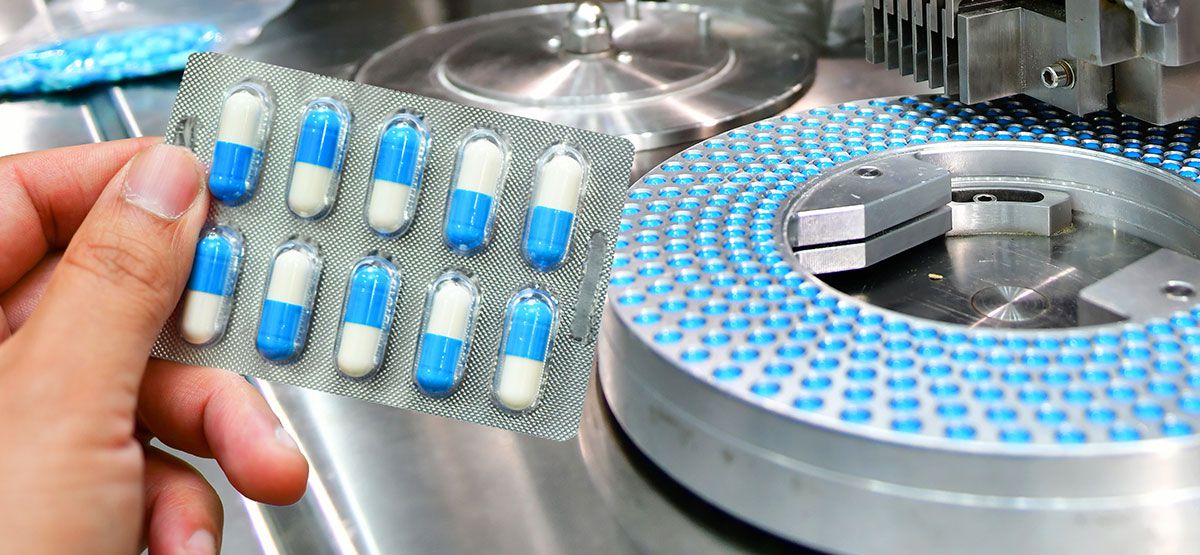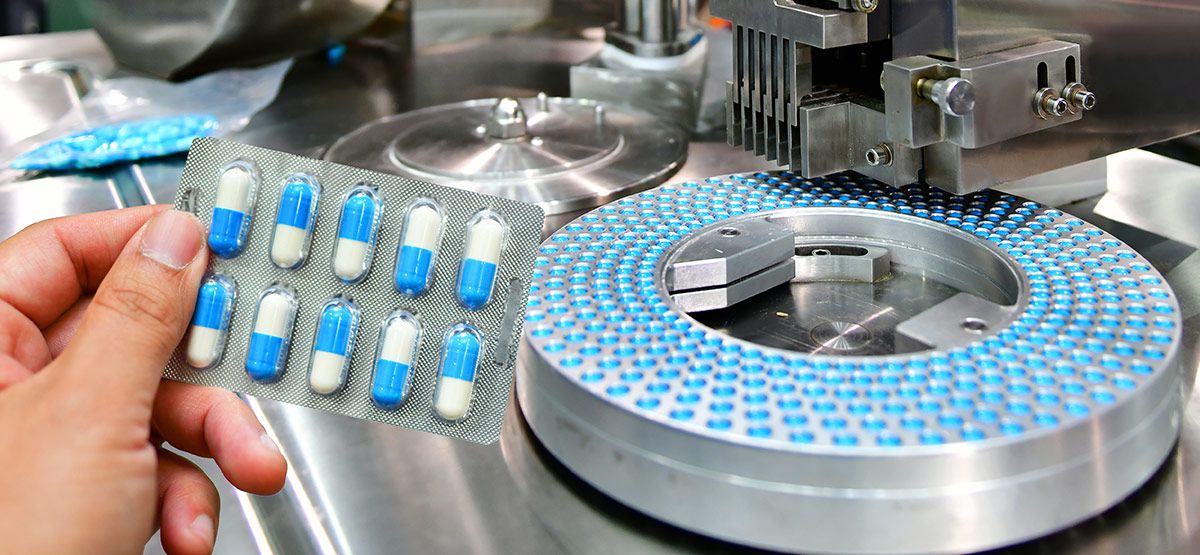
Bulk/Non-Uniquely Number Kits in a Study
If the Kits in a study are not identified with a unique number (Kit Number), then the study is intended to make use of the advantages of Bulk/Non Uniquely Numbered Kits.
This concept of Kits can be generously used to distribute and assign blinded Kits, like Open-label Rescue medication, Run in Kits and this is the best concept to handle ancillary supplies.
Clinical Trials that are completely unblinded, uses this concept for their full advantage.
Advantages
Avoid the processes followed for Discrete/Uniquely Numbered Kits – This will cut down the cost and timelines of a study, by passing the activities of discussions, generation, approvals, reviews and testing Kits Randomization Lists of both Dummy and Live Kits.
Fewer errors – The Kits Randomization list is always error-prone, just one wrong entry in the list may have meager to catastrophic effect on the study. So, SMEs always suggest taking this up only when this is completely necessary and use the advantages of Bulk kits.
Labels – Label creation is less tedious and simple when it is in Bulk, as there won’t be any need to share the kit number in advance.
Limitations
The Unique Device Identification (UDI) is a system that unambiguously identifies a medical device through its distribution and use within the healthcare supply chain. UDI is comprised of two parts i.e., Device identifier and Production identifier.
- Cannot be used if all the Kits Types in a Study are blinded. (This can only be used if at least one kit type in a study is unblinded)
- Individual Kit cannot be tracked
- Individual Kit cannot be accounted
Get the latest updates from DDi
Explore Topics
- Automation & AI (11)
- Clinical Automation (9)
- Consumer Health (1)
- IRT & Clinical Supplies (23)
- Labeling (16)
- Regulations (25)
- Regulatory Automation (14)
- Regulatory Biopharma (3)
- Regulatory Content Management (5)
- Regulatory Information Management (23)
- UDI (11)
- Writing (12)
Recent Blogs
 Clinical Supplies Forecasting …IRT & Clinical Supplies
Clinical Supplies Forecasting …IRT & Clinical Supplies Transforming Pharma & Med …Automation & AI
Transforming Pharma & Med …Automation & AI Medical Device Technical Docum…Automation & AI
Medical Device Technical Docum…Automation & AI
Previous Post
Next Post
Related Posts
CONNECT WITH US

Let's talk about how DDi can help you



